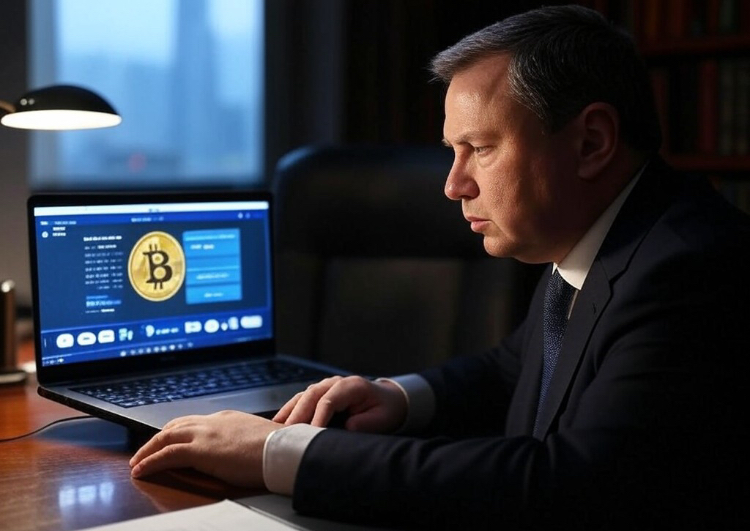Finance Minister Anton Siluanov confirmed in an interview that the country has begun utilizing Bitcoin and other cryptocurrencies for international transactions. This move follows the passage of a new law in Russia, which recognizes cryptocurrencies as legal property and subjects related activities such as mining, buying, and selling to taxation.
The strategy of employing digital currencies comes at a time when the West, particularly the United States, has expressed concerns about Russia’s methods to bypass sanctions. Earlier this year, Brian Nelson, the Under Secretary for Terrorism and Financial Intelligence, highlighted to Congress the risks associated with Russia’s use of alternative payment methods to fund its military activities in Ukraine. He stressed the need for enhanced tools and reforms to manage these challenges effectively.
Sanctions have been a significant part of the US strategy against nations not aligning with its policies, with Russia facing numerous sanctions due to its actions in Ukraine. These sanctions have not only targeted Russian entities but also international companies and individuals supporting Russia’s wartime economy. The impact has been notable, with Chinese banks reportedly halting transactions with Russia, wary of repercussions like losing access to the US dollar and international trade markets.
Moreover, the use of the Chinese Yuan and barter systems has been another avenue for Russia to mitigate the effects of these sanctions, highlighting the complexities of global finance under geopolitical strain.
This scenario underscores a broader narrative on the use of digital currencies in international relations, particularly how they can challenge traditional financial control mechanisms enforced by sanctions.

